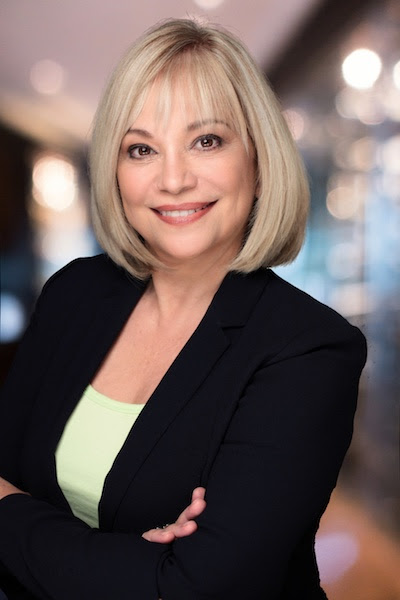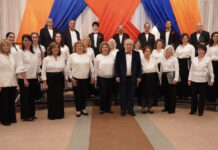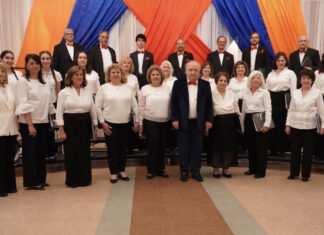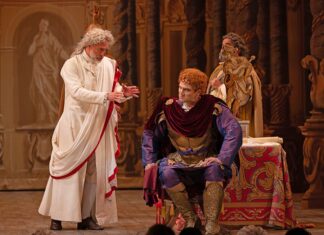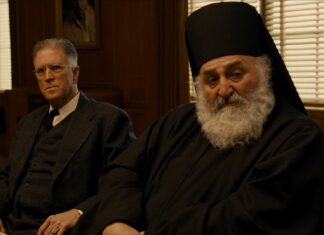By Nora Armani
Special to the Mirror-Spectator
NEW YORK — Two thousand and twenty has not been a good year — not so far. We can easily speak about this year in the past tense, as things are highly unlikely to change before we step into 2021.
This year will be remembered for washing hands incessantly and obsessively, wearing masks, or refusing to wear them, staying home, or disobeying the rules, keeping our social distance even from loved ones as they die, or catching the virus and praying we recover. It will be remembered as the year where a pandemic took many lives, wreaked havoc globally, rocked the economy to its foundations, made the rich even richer and the poor abjectly destitute. It is also the year natural and man-made disasters multiplied and converged in a vengeful way. Mother Earth and the Universe have been grounding us, telling us to go back to our caves and remain under house-arrest for the evil deeds we have committed.
Ideally, this year should be remembered for starting a major shift in social behaviour, in human thought, in our relationship to the present and the future, and in the ways in which we prioritize and communicate with each other. And yet, one need only browse through the news to see that none of the signs are being heeded by mankind, and the immediate instinct of all is to quickly get back to normal, not realizing that change is the only way out of this situation.
We need to backtrack and retrace our steps to see how much humanity has harmed Mother Earth, how human avarice has produced irreversible environmental damage and climate change. The lives of the poor have become disposable and injustice has stepped on vulnerable people, suffocating them with the strength of its grip. Major social issues have become overshadowed by the very greed that caused them in the first place, with a few privileged people generating so much of the misery in the world. It is clear that the time has come for a major change.



